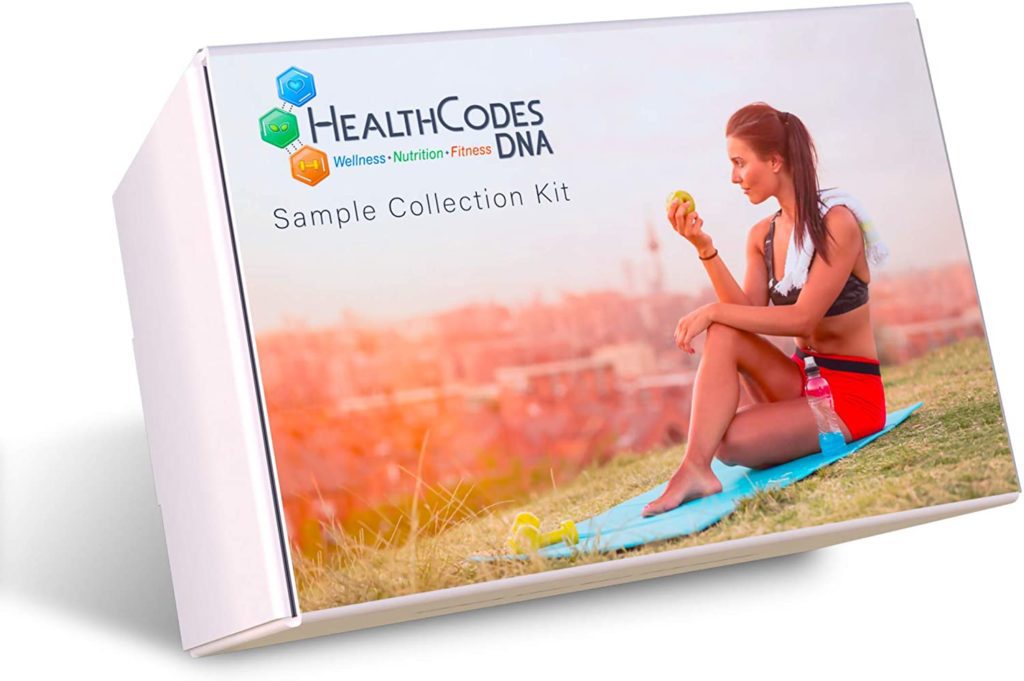Drinking Coffee is Linked to a Lower Death Risk
[Please note that this page contains affiliate links. If you choose to purchase after clicking a link, I may receive a commission at no extra cost to you.]
A new study discovered that compared to non-coffee drinkers, adults who drank 1.5 to 3.5 cups of unsweetened coffee or coffee sweetened with sugar were less likely to die during the 7-year follow-up period. The study findings were published in the Annals of Internal Medicine.
Studies in the past observed the health effects of coffee have discovered that coffee is associated with a lower death risk but didn’t differentiate between unsweetened coffee and coffee drink with sugar or artificial sweeteners.
1.5-3 Cups of Coffee 31% Less Death Risk
Scientists found that people who drank 1.5 to 3.5 daily cups of coffee sweetened with sugar were 31% less likely to die than those who didn’t drink coffee.
Scientists from China in Southern Medical University in Guangzhou used data from the United Kingdom Biobank to study health behaviour that evaluated the associations of consumption of artificially sweetened, sugar-sweetened, and unsweetened coffee with cause-specific and all-cause mortality.
About 171,000 volunteers from the U.K. without known cancer or heart disease were asked about health behaviour and several dietary questions to figure out coffee consumption habits.
The researchers discovered that during the 7-year follow-up, volunteers who drank unsweetened coffee were 21% less likely to die than those who did not drink coffee.
Sweetened Coffee Death Risk Results
They also found that volunteers who drank 1.5 to 3.5 daily cups of coffee sweetened with sugar were 29 to 31% less likely to die than those who didn’t drink coffee.
The researchers noted that those who drank sugar-sweetened coffee added about one teaspoon of sugar per coffee. However, their results were inconclusive for volunteers who used artificial sweeteners in their coffee.
The Annals of Internal Medicine study notes that coffee has qualities that can make health benefits possible. However, perplexing variables, including more difficult-to-measure variations in diet, socioeconomic status, and other lifestyle factors, can impact findings.
No Need to Eliminate Coffee
The researchers add that the volunteer’s data is at least 10 years old and was collected from a country where tea is an equally popular beverage.
In this analysis, scientists caution that the average daily sugar per cup of coffee is much lower than specialty drinks at coffee chain restaurants. In addition, many coffee drinkers may drink it in place of other beverages, making comparisons to a non-drinker much more difficult.
Based on this study, researchers can tell their volunteers that there is no need for most coffee drinkers to eliminate the beverage but to be cautious about higher-calorie specialty coffees.


